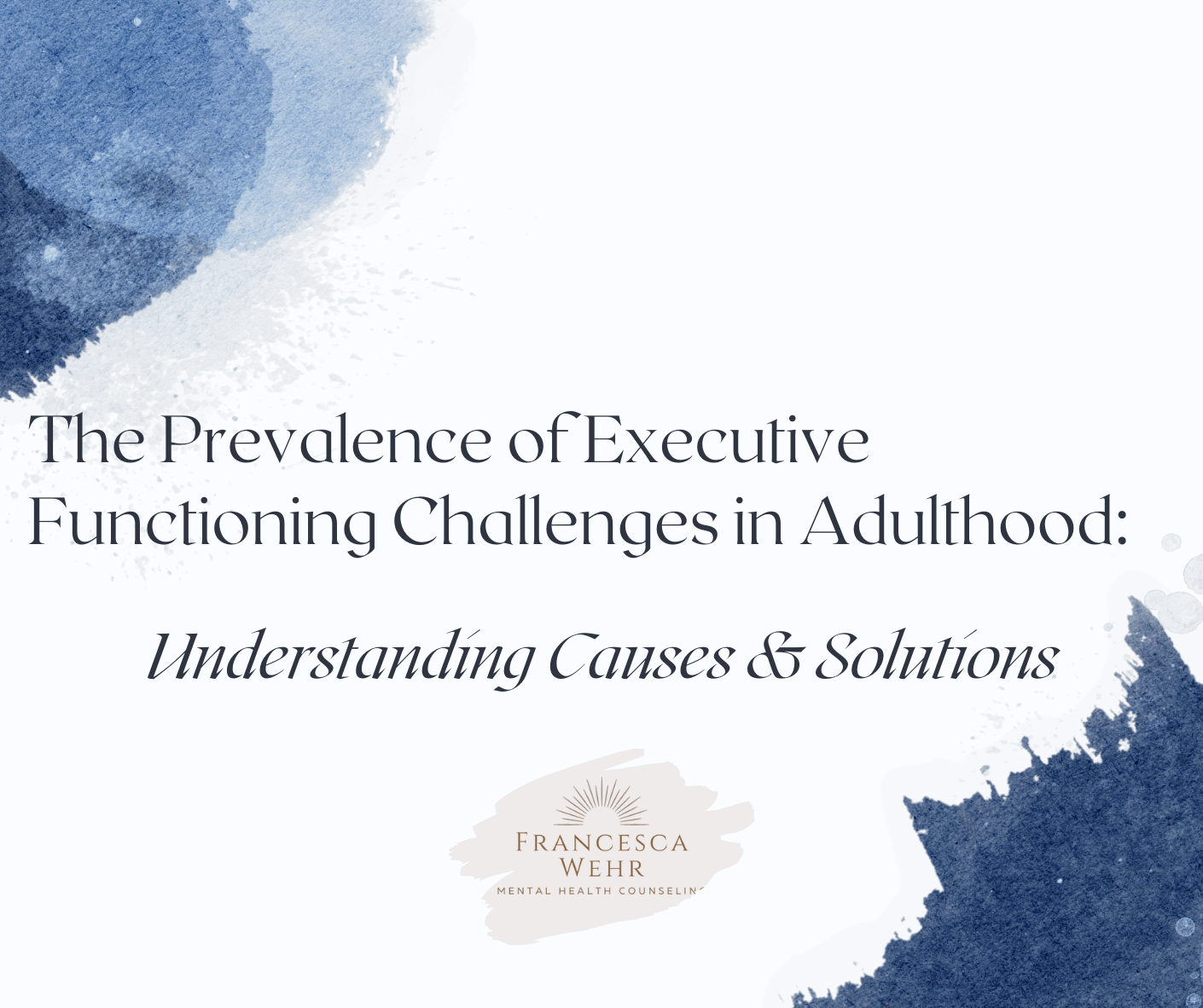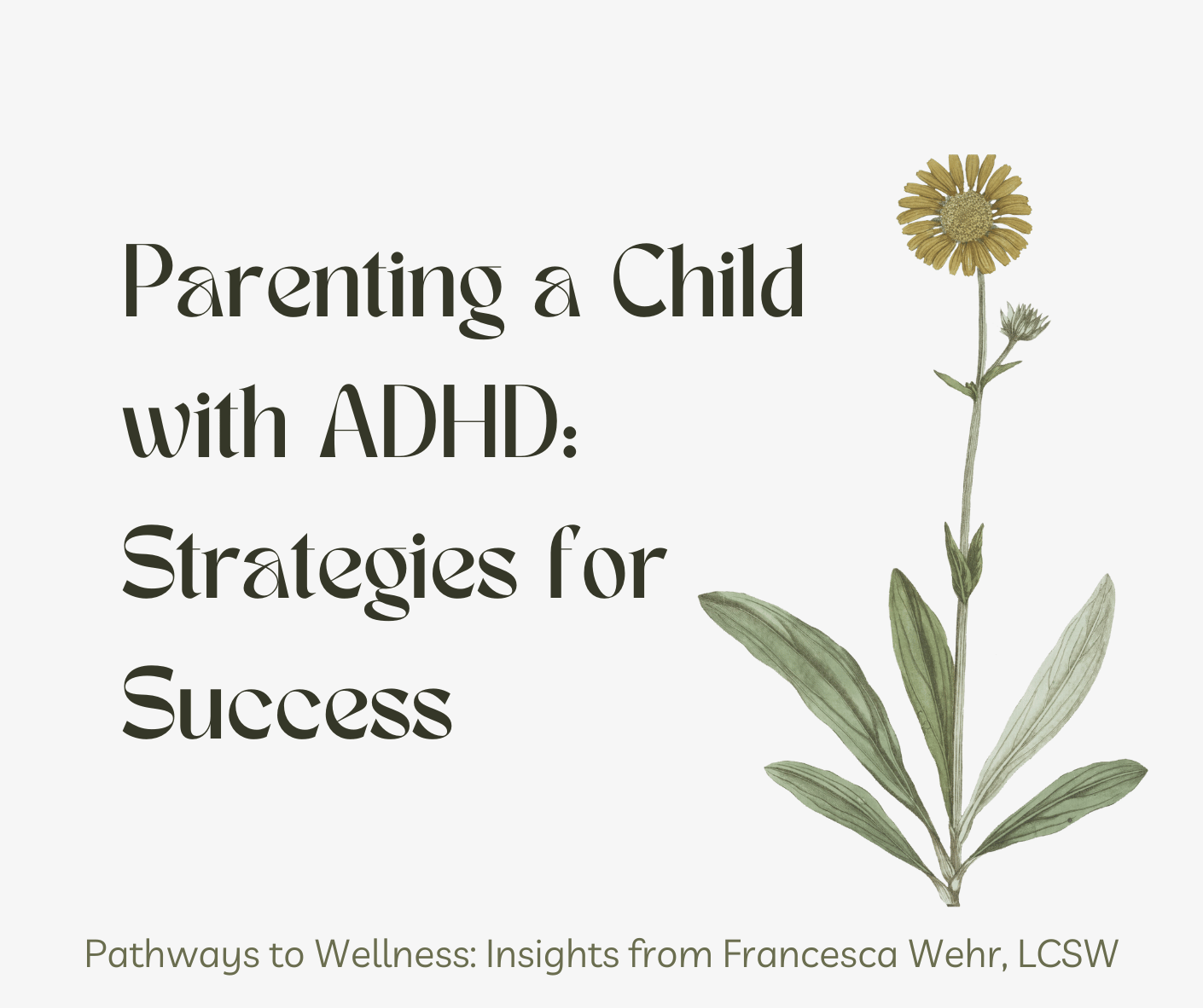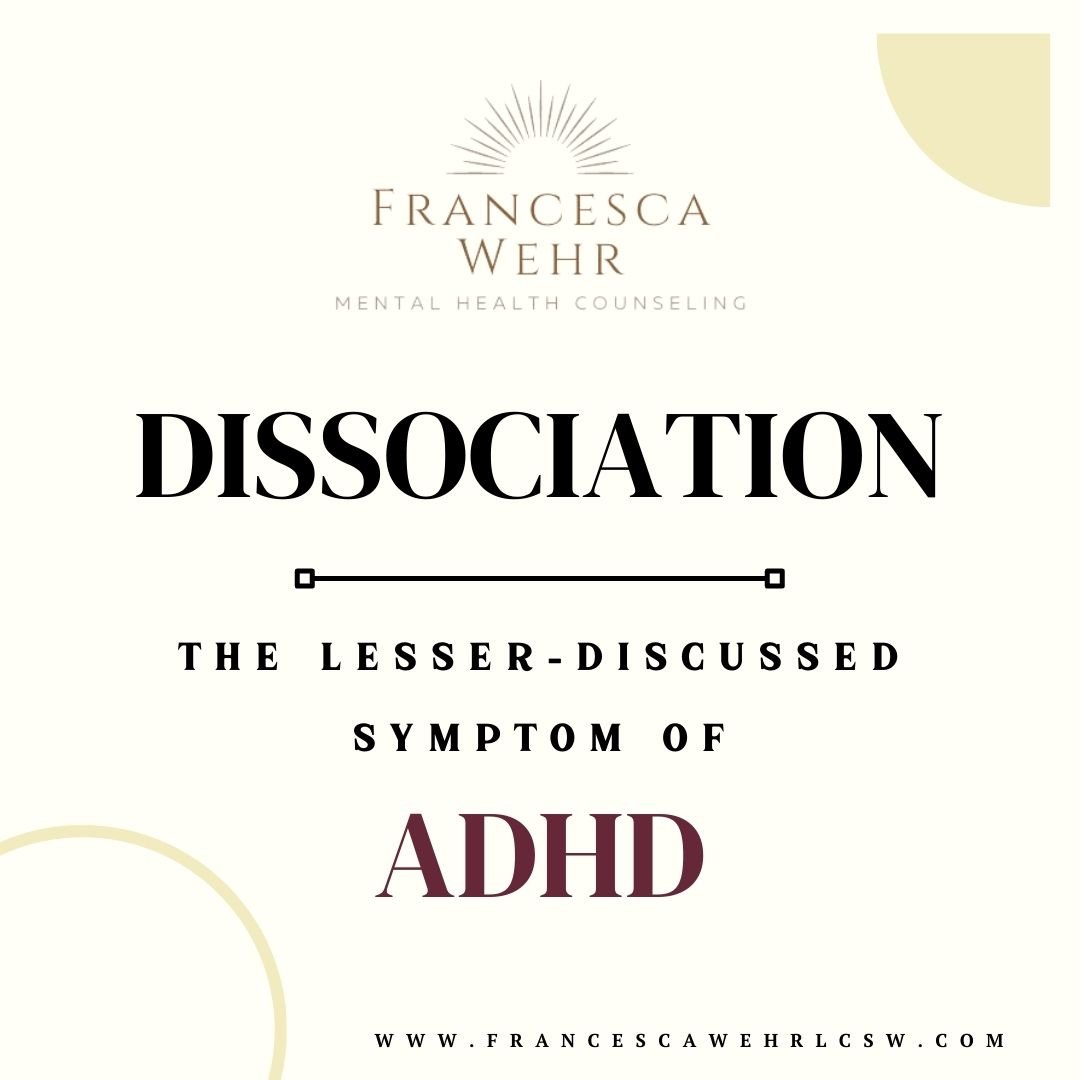
Executive Functioning Disorders: How They Affect Emotional Regulation & Motivation
Executive functioning disorders can deeply affect an individual’s ability to regulate emotions and stay motivated. From difficulty starting tasks to managing emotional responses, these challenges often arise in people with conditions like ADHD, Autism Spectrum Disorder, and Traumatic Brain Injury. This post explores how executive dysfunction impacts emotional regulation and motivation, common signs to look out for, and effective strategies to manage these issues. Whether you're dealing with these difficulties personally or supporting someone who is, this guide offers valuable insights and practical tips for improving day-to-day life.

The Prevalence of Executive Functioning Challenges in Adulthood: Understanding Causes and Solutions
Executive functioning challenges are common in adults, making tasks like time management, planning, and decision-making difficult. These cognitive struggles can be influenced by ongoing brain development, mental health conditions, and even childhood trauma. However, executive functioning skills can be improved with the right strategies. This guide explores the causes of executive functioning challenges in adulthood and offers practical solutions to enhance focus, organization, and self-regulation.

Parenting a Child with ADHD: Strategies for Success
Parenting a child with ADHD can be challenging, but with the right strategies, you can help your child thrive. ADHD affects focus, organization, and impulse control, often making everyday tasks difficult for both children and parents. In this guide, we explore practical approaches such as creating structure, using positive reinforcement, and building strong communication. By fostering a supportive, consistent environment, you can empower your child to manage their symptoms, build confidence, and develop essential life skills for long-term success.

Mastering Time Management with Executive Functioning Disorders: A Comprehensive Guide
Time management can be a significant challenge for individuals with executive functioning disorders, such as ADHD or learning disabilities. Difficulty with planning, prioritizing tasks, and time perception can make staying organized feel overwhelming. In this guide, we explore proven strategies like using visual timers, breaking tasks into smaller steps, and creating structured routines to help you take control of your day. Learn how to boost productivity and reduce stress with practical, easy-to-implement time management techniques.

Pathological Demand Avoidance (PDA): The Invisible Battle for Autonomy in a World of Expectations
Pathological Demand Avoidance (PDA) is more than procrastination—it’s a nervous system response rooted in anxiety, trauma, and a deep need for autonomy. This post explores how PDA shows up in daily life, how it overlaps with rejection sensitivity, and what it means to truly support someone caught in the cycle of avoidance, shame, and overwhelm.

How to Support an Adult Loved One with ADHD: A Therapist’s Guide to Building Connection and Understanding
ADHD doesn’t end in childhood—and for many adults, it shows up in subtle but disruptive ways. Whether you’re a partner, friend, or family member, your support can make a huge difference. In this therapist-backed guide, learn how to offer structure, empathy, and encouragement without micromanaging or misunderstanding your loved one’s needs.

What Is ADHD Hyperfixation? Why You Can’t Stop Thinking About That One Thing
ADHD is often linked to distractibility—but for many, the opposite is also true. Hyperfixation is a lesser-known experience where the ADHD brain becomes intensely focused on a single interest or task, often to the exclusion of everything else. In this post, we explore what ADHD hyperfixation is, why it happens, how to recognize it, and strategies to manage it without losing what makes it powerful.

Mastering the Mind’s Command Center: A Guide to Executive Functioning
Executive functioning is the brain’s management system, controlling key skills like working memory, flexible thinking, and self-control. These processes help us plan, focus, and regulate emotions. This guide explores the importance of executive functioning, how it affects daily life, and practical strategies to improve these mental skills.

Unlocking the Healing Power of Music Therapy for Mental Health
Music isn’t just background noise—it can be a powerful tool for healing. Learn how music therapy supports mental health, eases anxiety, lifts depression, and helps people reconnect with themselves. Explore the science behind it and simple ways to use music in your own self-care.

Unraveling the Tangle: Understanding Emotional Dysregulation and Its Origins
Emotional dysregulation can make everyday life challenging, leading to intense, sometimes overwhelming reactions. This post delves into the causes of emotional dysregulation, from brain science to past traumas, and offers actionable strategies to help you manage your emotions more effectively. Discover how mindfulness, therapy, and self-care can pave the way to greater emotional balance.

Dissociation: The Lesser-Discussed Symptom of ADHD
When we think of Attention Deficit Hyperactivity Disorder (ADHD), symptoms like impulsivity, inattention, and hyperactivity often come to mind. However, there's a lesser-discussed symptom of ADHD that many people may not be aware of: dissociation. Francesca Wehr, LCSW Mental Health Counseling explores the connection between ADHD and dissociation, why it occurs, and how to recognize and manage it.

Neurodiversity and Mental Health: Embracing and Supporting Different Minds
Neurodiversity refers to the natural variation in human brains and cognitive styles, acknowledging that differences in neurological functioning are a normal part of human diversity. Francesca Wehr, LCSW Mental Health Counseling delves into the concept of neurodiversity and discuss ways to support and celebrate individuals with different cognitive styles and mental health needs.




